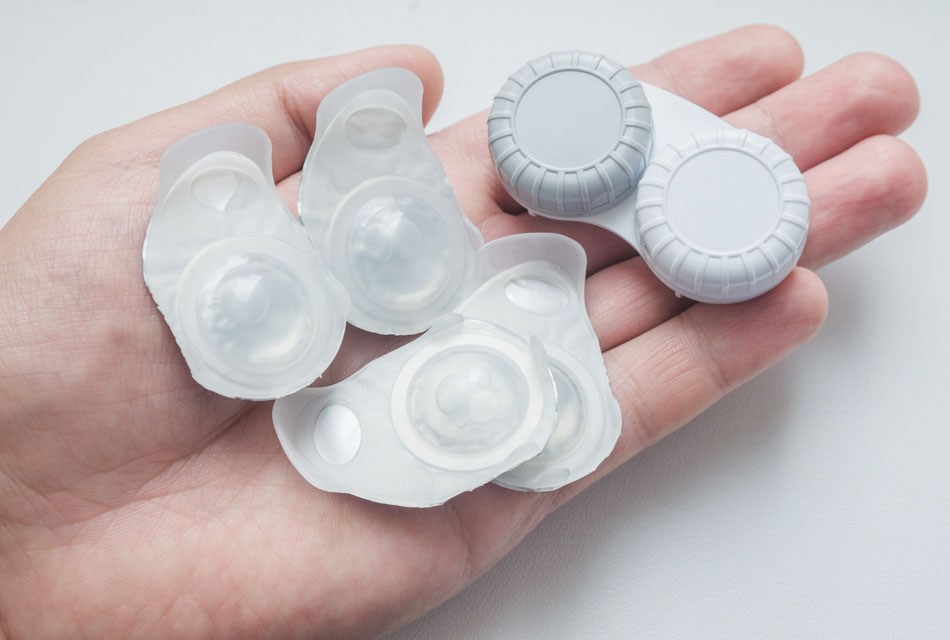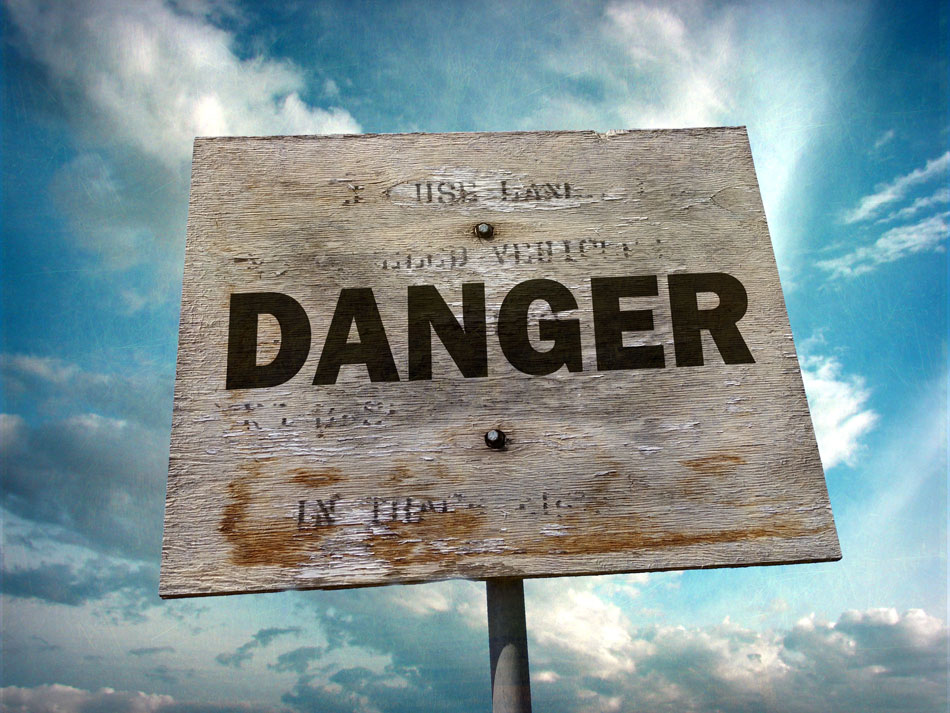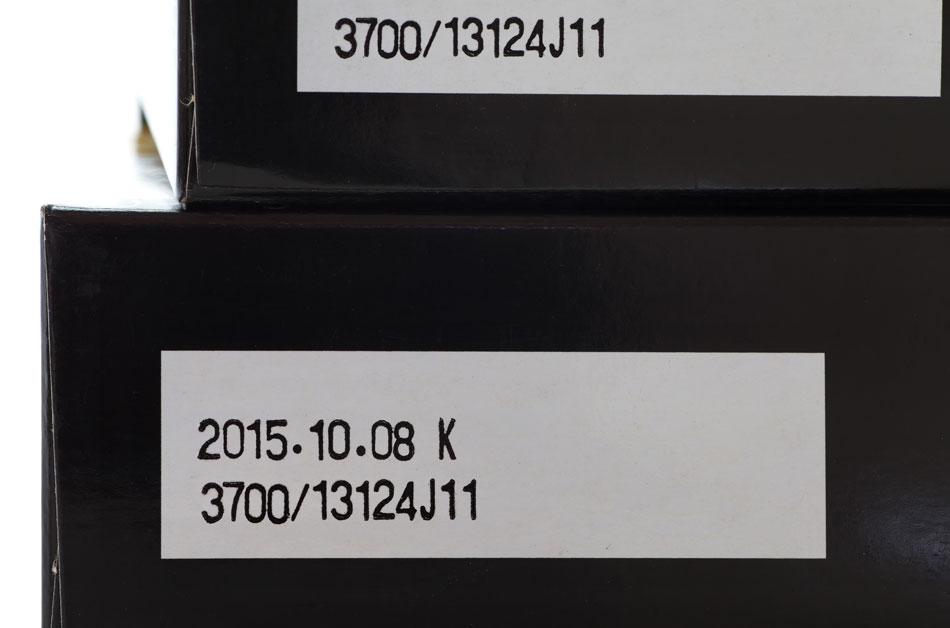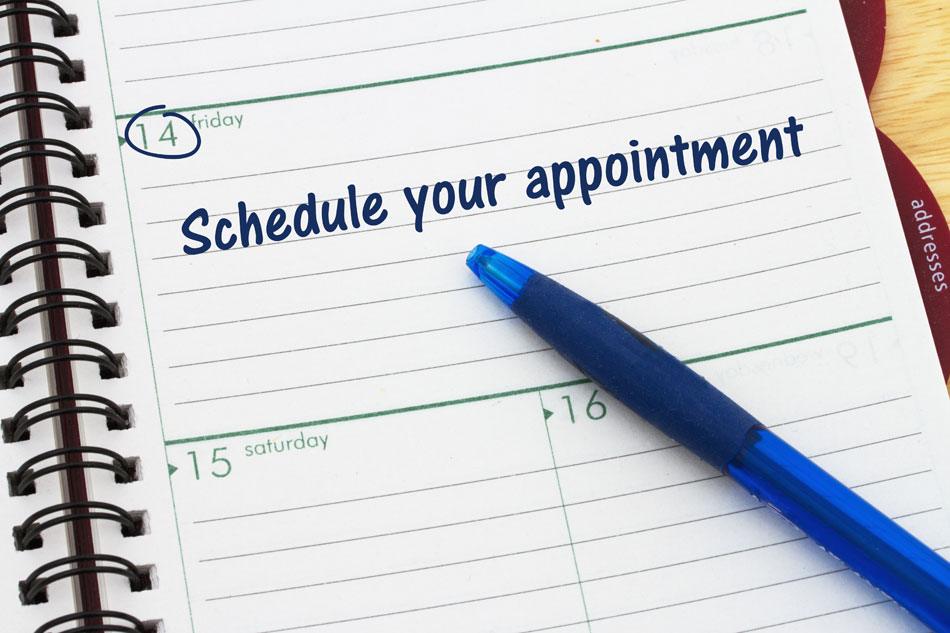Expired Contacts: Why Does It Happen and Is It Dangerous?

Recently, doctors discovered 27 contact lenses in a UK woman's eye.
She had gone to the doctor's office for cataract surgery. She seemed healthy, only complaining of a mild dry eye on her right side. No one is sure how she kept losing contact lenses in her eyes, but she remains the record holder for "most expired contacts removed from the eye," if there is such a thing.
Very few of us have to worry about losing 2 years' worth of contact lenses under her eyelid. But there is something that many of us should be worried about. A large number of us use lenses past their lifespan or past their expiration date.
So what's the big deal? Contacts are expensive. Making them last as long as possible seems like a fiscally responsible decision.
And what's the greater evil? Using a lens when it's technically expired, or paying for a whole new set of lenses? What about paying for a new eyeball?
We aren't saying that using expired contacts will net you a magical new eye a la Mad-Eye Moody from Harry Potter films. But there are significant dangers to using lenses past their expiration dates.
Let's take a look at how you can keep your eyes safe.
Why Do Contacts Expire, Anyway?
Technically speaking, the lenses themselves don't expire. They aren't yogurt or last Thursday night's takeaway. Sure, they might dry up a bit, but the actual issue is contamination.
During their manufacturing process (which you should check out, because it's mesmerizing), lenses are constantly kept sterile. In the end, they're placed in a saline solution and sealed tight inside a blister pack.
Contact Lens Packaging: Then and Now

Once upon a time, companies used hard glass vials to store contact lenses. But that proved to be ineffective and prohibitive in both space and cost. Also, glass has a tendency to shatter when it hits a hard floor, making the whole thing a safety hazard as well.
Nowadays, lenses are stored in plastic packets. This saves money and space, and the seal is great. But it only lasts about four years.
What Happens After a Few Years?
At that point, the issue is not the lens but the seal on the packaging. After about four years, it risks coming loose, either from natural degradation or from the abuse a four-year-old contact lens has probably taken.
Once you compromise the integrity of the seal, it isn't advisable to wear the lens. Your eyes are one of the most permeable membranes on your body. It's also one of the most susceptible areas to infection.
If oxygen penetrates a compromised seal, bacteria can begin to form and grow on the lens. Put that tiny petri dish in your eye, and now all the nastiness that was growing on the lens is on your eyeball.
Are Expired Contacts Really Dangerous?

But come on, it can't be that bad, right? What's the worst that could happen?
Well, you could end up with a hole in your eyeball. Pseudomonas aeruginosa is a bacteria that can grow on contacts. It's fast-acting, and if you don't catch it immediately, it can eat a hole right into your eye. At which point, you are permanently blind.
Fungal Infections
Another concern with expired contacts is fungal infections. While saline solution keeps lenses moist, it isn't a disinfectant. This means it doesn't inhibit fungal growth if spores come into contact with the lenses.
And how would the spores reach the lenses? That's right: through a compromised packaging seal!
Spores enter through a tiny perforation in the seal and, in the probably dark, definitely moist environment, start to multiply. They form a healthy microscopic colony on the lens.
Then you find the package. It's old, but you're out of contacts, so into your eye it goes. The fungus discovers a lovely new surface to colonize. This time, it's your eyeball.
Always Check Expiration Dates

Keep this in mind. Contact lenses are a miracle of science and engineering. They are a literal corrective lens that sits on top of your eye. It's miraculous, but it isn't risk-free.
Even brand new contacts carry a risk for bacterial/fungal infection and keratitis if they aren't cleaned properly. Using old, out-of-date contacts takes that risk and amplifies it.
It isn't worth the risk to your eyes and to your vision just to save a buck or two on contact lenses. Next time you reach for contacts and find that you're out, just put your glasses on instead.
How to Affordably Wear Contacts
Now, why do people use their expired contacts even when they know they shouldn't?
Sometimes, we can chalk it up to not wanting to run to the optometrist. After all, getting an appointment can be a pain, and if you don't plan ahead, you can find yourself facing a long wait.
But often, it's cost. Insurance may not cover contacts or may not cover them at a high enough rate to make them affordable.
So what can you do?
Plan Far in Advance

To combat the first point, the key is to simply schedule your next optometrist appointment and your online refill orders far enough in advance.
If you can, schedule all of your follow-ups at your initial lens appointment. Then put a reminder in your phone immediately. That way, it can't slip your mind later.
If the issue is cost, you have even more options.
How to Save Money
First, aim for a monthly lens rather than a daily or weekly one. This is going to help keep costs down by giving you a lens you use more times.
Then, order your contacts from a reputable online retailer rather than directly through your optometrist. You should always make sure to go to your annual eye exams. But when it comes to equipment like glasses and contacts, you'll often see significant markups. By going through a third party contact seller, you can get the exact same lenses at a way better price.
So the next time you have expired contacts, just chuck them out. That little bit of extra wear time isn't worth risking your eye health.
